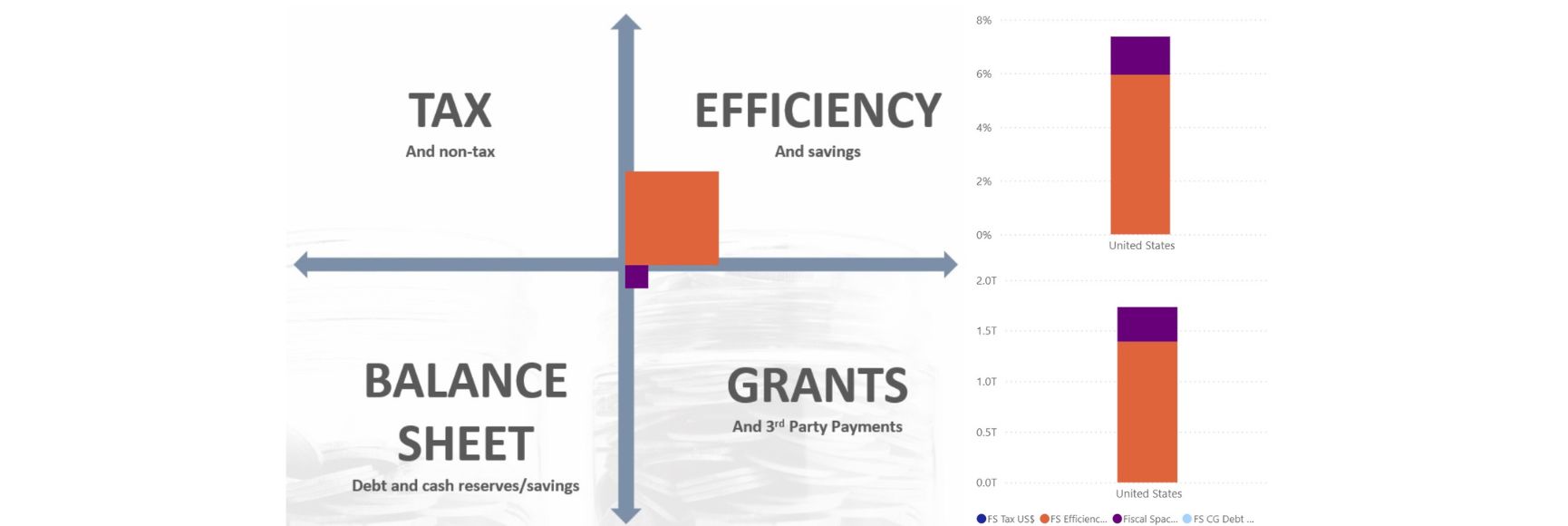Posted by Andy Wynne[1]
The IPSAS Board has issued an exposure draft to revise its Cash Basis IPSAS and comments were being requested by end July:
Late comments are still welcome, however, and this article could be considered my informal submission. As a PFM practitioner in Africa and elsewhere I have worked on accounting reforms that are both achievable and of practical use. The proposed revised Cash Basis IPSAS is feasible, but does not add much for informing policy makers or providing accountability to the public. The initiative to amend the present standard is indeed welcome, but more is needed to make the standard a useful guide to good practice. Below we provide some comments on how the revised Cash Basis IPSAS could be improved.
Main Issues
The proposed amendments to the Cash Basis IPSAS are not difficult to achieve. Unlike the other IPSAS standards (jointly, already exceeding 1500 pages of densely written accountancy jargon), this standard is kept quite simple so that almost any government will able to implement it with relative ease.
The proposed Cash Basis IPSAS includes almost no requirements which are currently not exceeded by most low-income countries. As a result, it does not require ‘good practice’ or even ‘basic practice’, merely ‘minimal practice’. For example, the standard does not even require the government’s budget to be made public nor stipulate any timeframe for the publication of the audited annual financial statement.
Other examples of existing good practice, which could be considered for inclusion in a revised Cash Basis IPSAS, include:
- a commentary to explain the main aspects of the financial statement;
- the overall level of government debt reconciled with the main financial statement;
- summary financial statements compared to the annual budget for at least the last three years;
- the salaries and benefits of senior politicians and public officials;
- details of any losses, fruitless or wasteful expenditure;
- proceeds of privatisation and details of any outstanding privatization receipts;
- outstanding loans, advances and imprests, including any amounts written off.
The main proposed amendment to this new version is to make a full consolidation of all government controlled entities (including agencies and state-owned enterprises) and third party payments optional. The standard has always had a required Part 1 and an optional or “encouraged” Part 2. The requirements in Part 1 are now minimal even for low-income countries, insufficient for accountability, and of limited value for policy makers. The more extensive, optional requirements in part 2 should either be included in part 1, or deleted. The full consolidation requirements are overly complicated for most low-income countries (and one might add for most emerging market and advanced economies), and have only been implemented in a few countries globally. The two layered approach to the IPSAS cash standard should ideally not be retained. It is not used in any of the other IPSAS standards, which generally include only one set of good practice requirements. It also seems to undermine the requirements for Part 1, suggesting that they will only provide basic adoption of the standard.
Ambition needed
The aim of the standard should be to ensure that it represents tried and tested good government accounting practice on a cash basis. In order for governments to keep track of their financial liabilities, for example, why does the proposed draft not require a financial balance sheet which many English speaking governments have been providing for the best part of 100 years or more?
Another simple requirement that IPSAS cash should include is that audited financial statements be made public within nine months. This would allow financial statements to impact budget discussions both within government and in parliament. It is interesting to note that it presently takes the UK and the US governments almost 14 months to publish their consolidated financial statements! These are of course accrual accounts. It does, however, show the trade-off between complexity and usefulness for decision-makers. Most African governments now actually provide their audited financial statements within nine months of the financial year end, and thus provide one could venture more usefulness for the budget process than some of their advanced country counterparts. Many African countries are starting to show other examples of good practice, as my initial research demonstrated - http://www.icgfm.org/journal/2016/vol1/3.pdf
Another issue is the provision of a clearly drafted and structured commentary to the financial statements. Providing timely, simple financial statements, that most literate citizens can understand, clearly provides better public accountability than complex financial statements, with a qualified audit report, which are not issued promptly. Such financial statements should require a clear explanation of the key reasons why the government’s annual budget was not implemented as planned.
Several governments of developing countries already provide further disclosures which improve their level of public accountability. A number of these could usefully be added to the requirements of the Cash Basis IPSAS including:
- Summary financial statements compared to their annual budget for at least the last three years – this could clarify medium term fiscal trends, and under- and over-spending relative to appropriations;
- the salaries and benefits provided to senior politicians and public officials – this information is often of considerable public interest and debate;
- details of any losses, fruitless or wasteful expenditure – this provides an indication of the effectiveness with which the government’s finances are being managed;
- proceeds of privatisation and details of any outstanding privatization receipts – such information is of increasing public interest and may indicate a source of corruption with some governments;
- outstanding loans, advances and imprests, and amounts of any of these items written off during the year – again such information may indicate the quality of the government’s public financial management and possible areas at risk of fraud and corruption.
The Cash Basis IPSAS could thus be a more robust waystation on the road to accrual accounting. However, the standard should recognise that for one reason or another most governments will stay on the cash basis for the foreseeable future, or modified cash as it used to be called in consultancy speak. It should provide good practice standards for that situation. Or do we want to move to a situation where many countries attempt to move to accrual accounting before they are ready? A worrying trend in many emerging market countries is that countries claim to have moved to accruals (and have sometimes issued the required standards), but de facto still compile financial data on a cash basis.
Many governments would benefit from a revised Cash Basis IPSAS which actually documents good practice in terms of cost effective public financial accountability. Unfortunately, the suggested draft from the IPSAS Board does not yet provide this.
[1] Freelance public finance management consultant, most recently with the Office of the Auditor General for the Federation, Nigeria
Note: The posts on the IMF PFM Blog should not be reported as representing the views of the IMF. The views expressed are those of the authors and do not necessarily represent those of the IMF or IMF policy.






